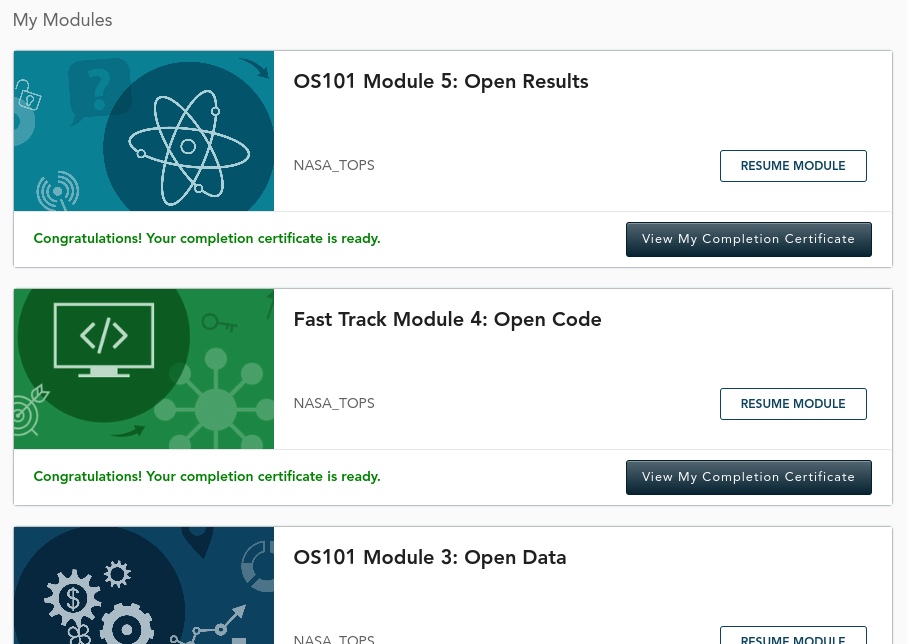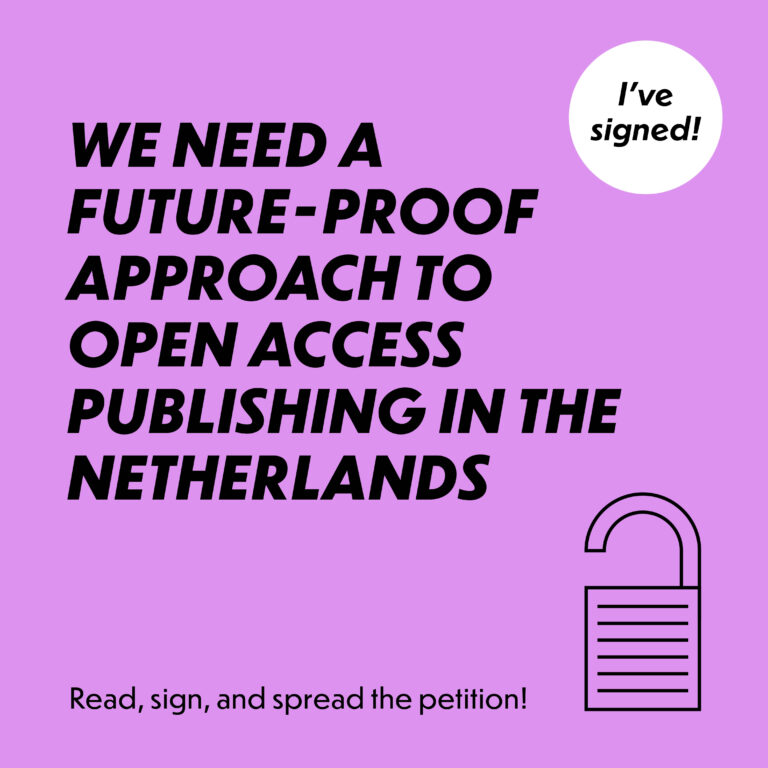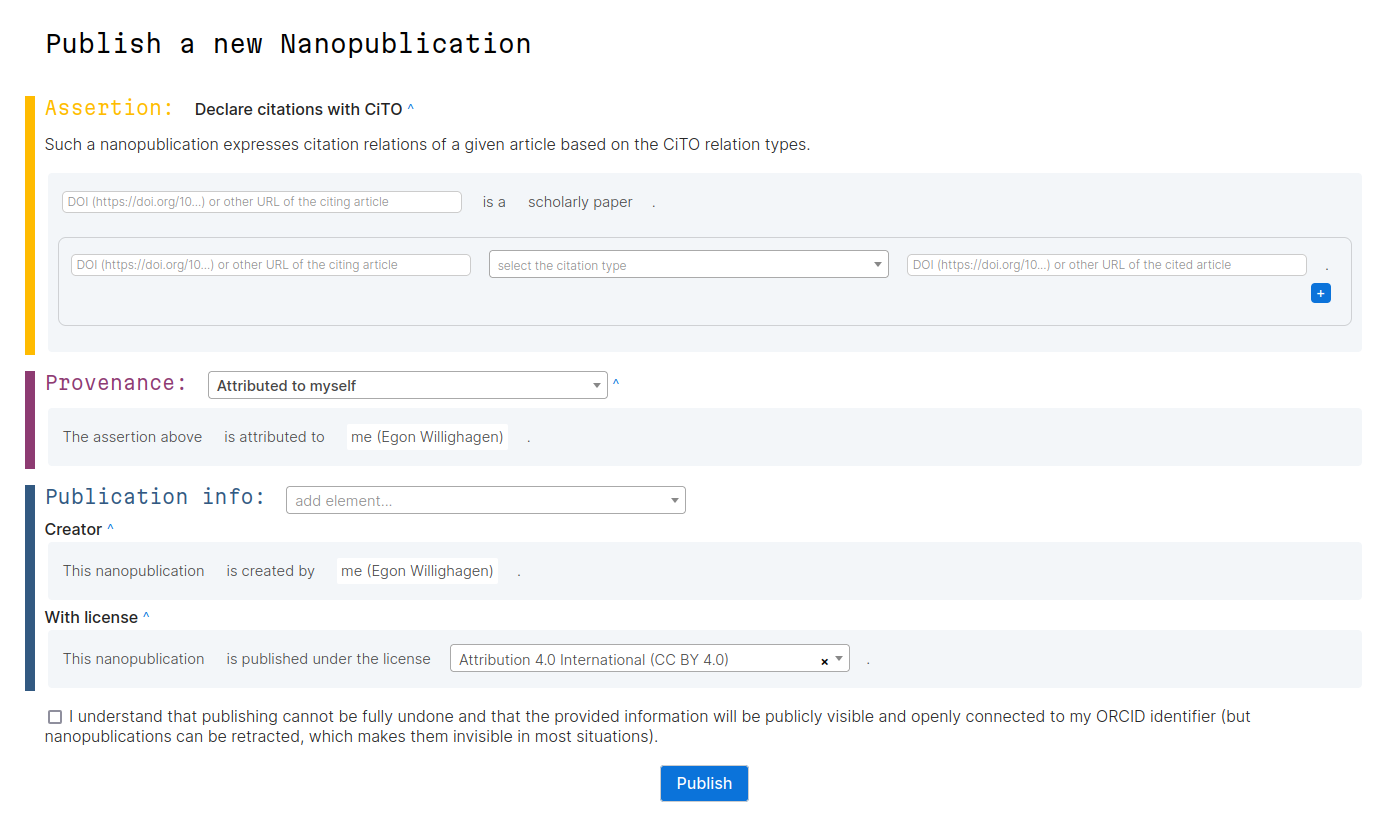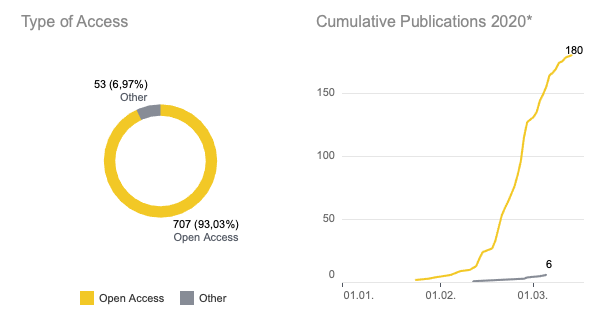
It was on my radar for some time already, but did not get around to finishing it. But I completed all five modules of the NASA Transform to Open Science (TOPS) Open Science 101 (doi:10.5281/zenodo.10161527). This Open Science 101 consists of several modules, starting with The Ethos of Open Science , via Open Tools and Resources , Open Data , and Open Code , to Open Results . Now, since I have been







